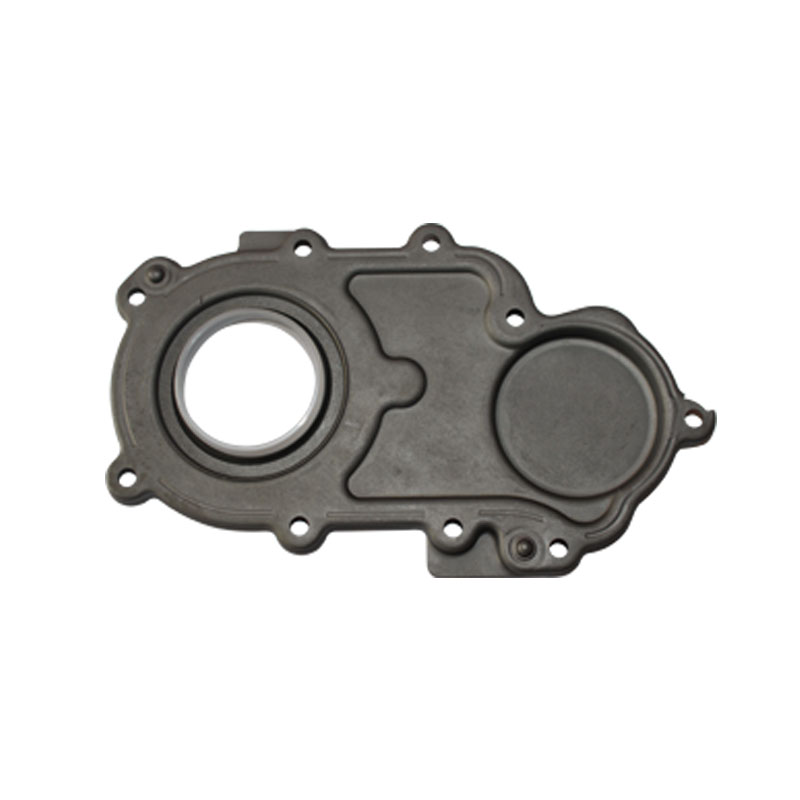washer for drain plug
Understanding the Importance of Washers for Drain Plugs
When it comes to ensuring a leak-free plumbing system, the often-overlooked washer plays a crucial role, particularly with drain plugs. These small, circular discs are essential for creating a watertight seal, preventing leaks that could lead to significant water damage or costly repairs. In this article, we will explore the different types of washers available for drain plugs, their importance, and how to properly maintain them.
What is a Washer?
A washer is a thin, flat disc, usually made from materials such as rubber, plastic, or metal, that acts as a seal between two surfaces. In the context of drain plugs, washers help to create a barrier that absorbs pressure and ensures that water doesn't escape through the connection points.
Types of Washers
1. Rubber Washers These are the most common types of washers used in plumbing applications. Rubber is flexible and can conform to irregular surfaces, making it an excellent choice for creating a tight seal. It is also resistant to water, making it ideal for drain plugs.
2. Plastic Washers Plastic washers are another option, offering durability and resistance to corrosion. They are often used in environments where the drain might come into contact with chemicals, as they typically have good chemical resistance properties.
3. Metal Washers While less common in drain applications, metal washers can be used in specific circumstances. They are extremely strong and can withstand high pressure, but they require a rubber or plastic backing to ensure a proper seal.
4. Fiber Washers Comprised of compressed materials, fiber washers are ideal for situations involving higher temperatures. They are less common but can be beneficial in specialized applications.
Why are Washers Important?
washer for drain plug

The primary function of a washer in a drain plug system is to prevent leaks. Without a proper washer, even the smallest gap between the drain plug and its housing can lead to significant water leakage. This is not only inconvenient but can also cause larger problems such as mold growth, water damage, and increased utility bills.
Additionally, using the wrong type of washer or an old, worn washer can lead to leaks over time. A washer functions by deforming slightly to create a tight seal. As this material wears out from repeated tightening and loosening, it loses its ability to form a proper seal, increasing the risk of leakage.
Maintenance of Washers
To extend the lifespan of your washers and keep your plumbing system functioning efficiently, regular maintenance is key. Here are a few tips to ensure the longevity of your drain plug washers
1. Inspect Regularly Periodically check the condition of your washers. Look for any cracks, deformities, or signs of wear. If you notice any of these issues, it is important to replace the washer to prevent leaks.
2. Tighten the Drain Plug Make sure that the drain plug is tightened adequately but not over-tightened. Excess force can damage the washer, leading to leaks. It is best to follow the manufacturer’s recommendations regarding how tight to make the plug.
3. Clean the Area Before installing a new washer or re-tightening a drain plug, make sure to clean the area to remove debris and old washer material. This helps ensure that the new washer can create a proper seal.
4. Choose the Right Washer When replacing a washer, be sure to select the appropriate type and size for your specific drain plug. Using a washer that is too large or small can lead to leaks.
Conclusion
Washers for drain plugs may seem like small components, but they play a fundamental role in maintaining a leak-free plumbing system. By understanding the types of washers available and the importance of regular maintenance, homeowners can prevent leaks and the costly damages associated with them. Ensuring a well-functioning plumbing system not only saves money but also provides peace of mind, knowing your home is protected from water damage. The next time you encounter a leaky drain, don’t forget to check the washer—it could save you a lot of trouble down the line.
-
Simplifying Oil Changes: A Comprehensive Guide to Oil Drain Plugs and Their Variants
News Aug.04,2025
-
Mastering Oil Drain Maintenance: Solutions for Stripped, Worn, and Upgraded Oil Plugs
News Aug.04,2025
-
Fixing Oil Pan Plug Issues: Leaks, Stripped Nuts, and the Right Replacement Solutions
News Aug.04,2025
-
Everything You Need to Know About Oil Drain Plugs: Sizes, Fixes, and Upgrades
News Aug.04,2025
-
Choosing the Right Oil Drain Plug: A Guide to Sizes, Materials, and Drain Innovations
News Aug.04,2025
-
A Complete Guide to Automotive Drain Plugs: Types, Problems, and Innovative Solutions
News Aug.04,2025
-
The Ultimate Guide to Car Repair Kits: Tools and Essentials Every Driver Should Own
News Aug.01,2025
Products categories















